Diseases and Conditions › Back and Neck Injuries › Aquatic Physiotherapy
Aquatic Physiotherapy
Healthy Strokes for Struggling Folks
Written by Moneera Mellick
The healing effect of water is not a new notion. For centuries – ancient civilisations including the Greeks, Romans, Egyptians bathed in even older waters to cleanse their bodies of troubling ailments. While these days our muscles seem somewhat less defined, with the aid of a more modest wardrobe, one thing remains unchanged. Those two hydrogen atoms married with oxygen make for a lifesaving combination…
Modern Physiotherapists have developed a water based, patient specific exercise system that delivers progressive rehabilitation. Known as Aquatic Physiotherapy, or Hydrotherapy, the treatment utilises the physical properties of water, warmth, and of course Physiotherapeutic techniques to treat the causes and symptoms of many musculoskeletal conditions.
Chronic pain sufferers can actually exercise pain free, and even anxious non-swimmers can reap the benefits by remaining in shallow waters under constant supervision. Aquatic Physiotherapy is also a fantastic opportunity to improve your balance. Those at high risk of falling can practice walking on their heels or balancing on a single leg, and only risk a trip to the hair salon as opposed to the emergency department of their local hospital.
For most people, Aquatic Physiotherapy is a means to exercise in a safe, supportive and fun environment. The comfortably warm pool temperature of 34°C allows muscles to relax and facilitates stretching, effectively decreasing pain and spasm.
The hydrostatic pressure of the water works by increasing blood circulation to promote healing of body tissue, and to decrease swelling by redistributing fluid build-up. Buoyancy creates an opposing force to terrestrial gravity, which eliminates pressure on our bodies and, more specifically, our joints. In addition, the resistance provided by water combined with various floatation devices can be used as a means of strength training. Aquatic Physiotherapy, put simply, improves function, coordination and ultimately, quality of life.
Aquatic Physiotherapy is particularly beneficial for those requiring orthopaedic rehabilitation; those who have undergone a joint replacement or injury; sufferers of arthritis, back or neck pain; or anyone requiring improvements in mobility, balance or general fitness. If this is sounds like you, consider “suiting up”.
So don’t let your health and fitness become ancient history. Do as the Roman’s do, take charge and make a splash in your local Physiotherapy pool today!
Article By: Moneera Mellick
 Basal Cell Carcinoma ("Rodent Ulcer" Type)
Basal Cell Carcinoma ("Rodent Ulcer" Type)
 Basal Cell Carcinoma (Histology-Morpheaform Type)
Basal Cell Carcinoma (Histology-Morpheaform Type)
 Basal Cell Carcinoma (Histology-Nodular Type - High power)
Basal Cell Carcinoma (Histology-Nodular Type - High power)
 Basal Cell Carcinoma (Histology-Nodular Type- High power)
Basal Cell Carcinoma (Histology-Nodular Type- High power)
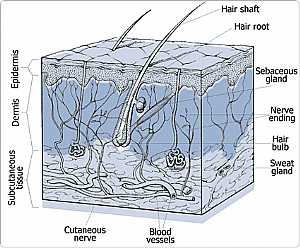 Skin
Skin
 Nervous System -- Basic
Nervous System -- Basic
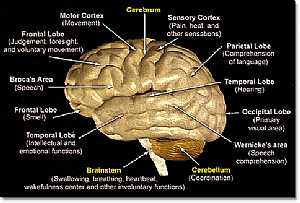 Brain anatomy
Brain anatomy
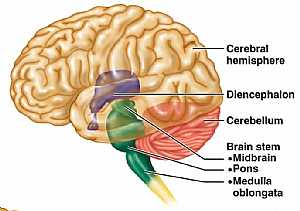 Brain anatomy
Brain anatomy
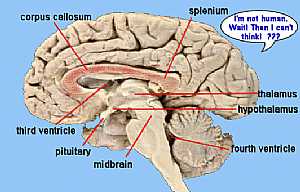 Brain anatomy
Brain anatomy
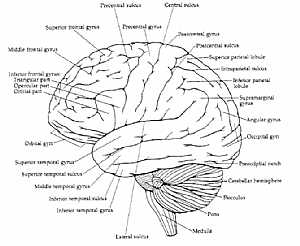 Brain anatomy
Brain anatomy
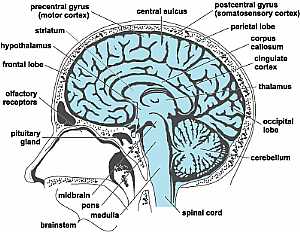 Head anatomy
Head anatomy
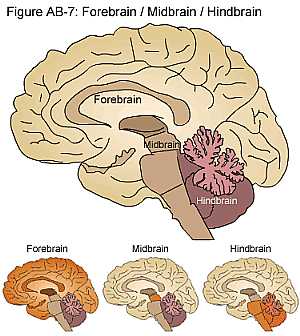 Brain anatomy
Brain anatomy
© Copyright 2001-2022 eDoctorOnline.com

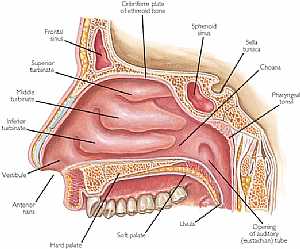 Nose anatomy
Nose anatomy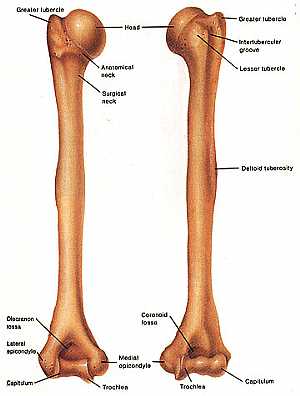 Humerus bone
Humerus bone Eye anatomy
Eye anatomy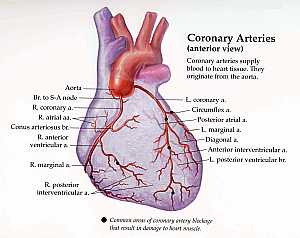 Coronary arteries anatomy
Coronary arteries anatomy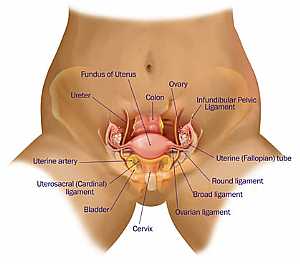 Female pelvic anatomy
Female pelvic anatomy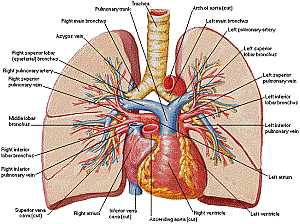 Heart and lung anatomy
Heart and lung anatomy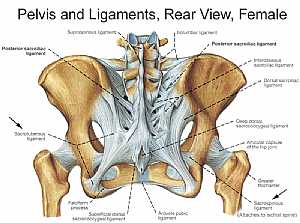 Bones and ligaments of the FEMALE Pelvis
Bones and ligaments of the FEMALE Pelvis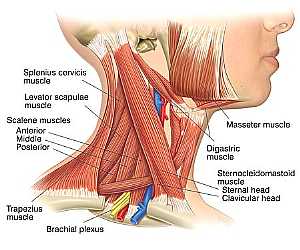 Neck Anatomy
Neck Anatomy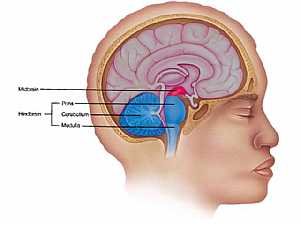 MidBrain anatomy
MidBrain anatomy Oral Cavity
Oral Cavity Stomach anatomy
Stomach anatomy Lung anatomy
Lung anatomy Basal Cell Carcinoma ("Rodent Ulcer" Type)
Basal Cell Carcinoma ("Rodent Ulcer" Type) Basal Cell Carcinoma (Histology-Morpheaform Type)
Basal Cell Carcinoma (Histology-Morpheaform Type) Basal Cell Carcinoma (Histology-Nodular Type - High power)
Basal Cell Carcinoma (Histology-Nodular Type - High power) Basal Cell Carcinoma (Histology-Nodular Type- High power)
Basal Cell Carcinoma (Histology-Nodular Type- High power) Skin
Skin Nervous System -- Basic
Nervous System -- Basic Brain anatomy
Brain anatomy Brain anatomy
Brain anatomy Brain anatomy
Brain anatomy Brain anatomy
Brain anatomy Head anatomy
Head anatomy Brain anatomy
Brain anatomy
Be the first one to comment on this article!